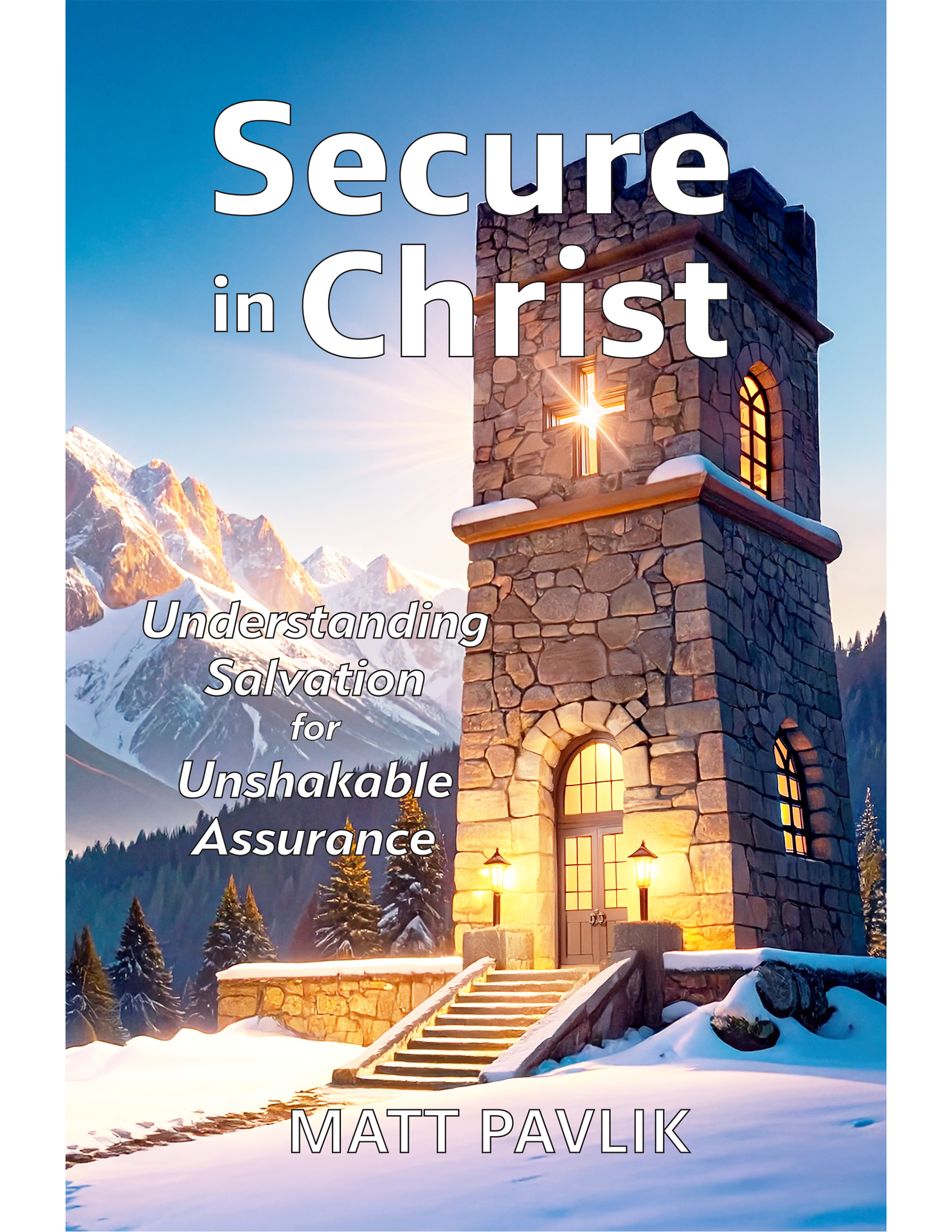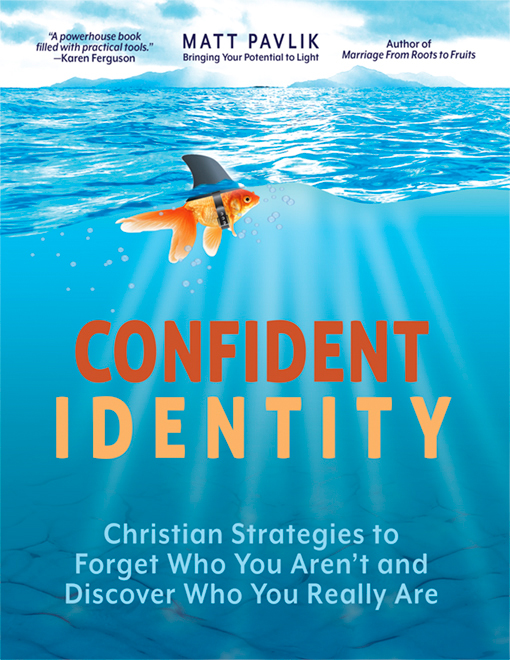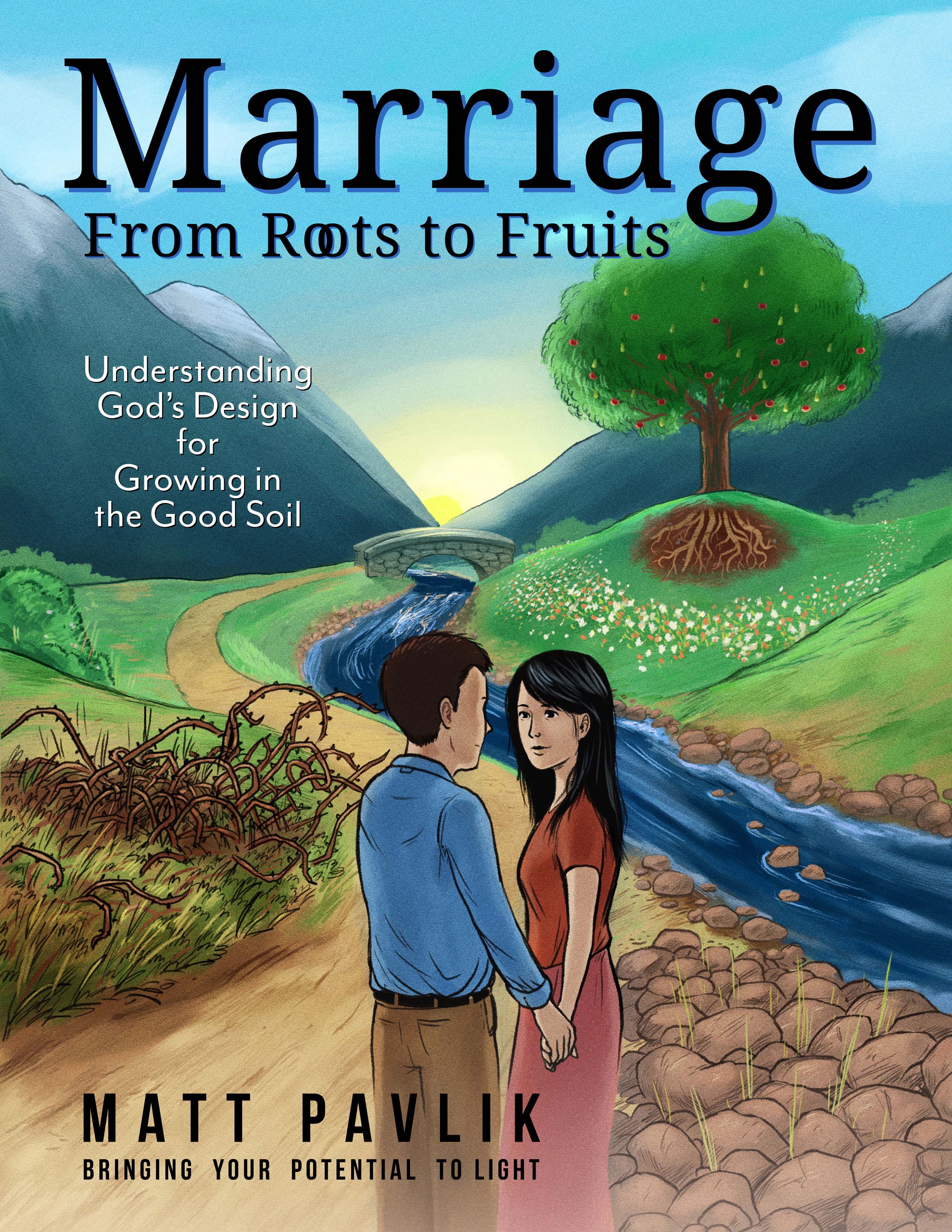Forgiveness or Healing
Which comes first? Do we forgive first then experience healing? Or, do we experience healing which allows us to forgive? I’ve been pondering this for several months now. The more I think about it, the more it does appear to be a “chicken and egg” question.
An Important Question
Why is this question relevant? I say it is important because suffering cannot be addressed by a simple black and white answer. When you are actively suffering, there are usually no easy answers. Yes, suffering will work for our ultimate good. But will that knowledge satisfy the person currently in excruciating pain? For the person not in any kind of pain, it is too easy to address another’s suffering with, “Snap out of it!” Or, “Just don’t think about it anymore.” Or, “God helps those who help themselves.”
Forgiveness is First?
If we say forgiveness must come first, what about the situation where someone is so traumatized by what another has done, they cannot begin to even think about reaching out to someone else? This person is clearly not ready to do anything more than receive care. They need some amount of recovery and restoration before considering other things. Therefore, at least in some cases, forgiveness cannot be first.
Healing is First?
If we say healing must come first, just exactly how much healing is needed? All of it? Isn’t extending forgiveness part of the healing process? Or is it the evidence of health? If someone hasn’t forgiven their offender, they are essentially perpetually waiting for payment of the debt. This is the opportune time for bitterness to take root. Therefore, forgiveness must be completed to enjoy full emotional health.
Forgiveness and Healing are Intertwined
With this puzzle before me, I can only find one way to answer. Forgiveness and Healing are inseparably dependent on each other. You cannot say you are 100% healed if you haven’t completely forgiven your offender. But, many times a person cannot start, let alone complete, the forgiveness process without first receiving a heavy dose of healing.
This means there are two “stages” to healing fully. The first stage has nothing to do with forgiveness or the offender, but has everything to do with our basic needs for security and safety. Where strength was taken, it must be restored. Concern for the immediate necessities of life take precedent over forgiveness. We must have our hope restored that life is worth living before entertaining forgiveness. Yet, when a person is strong enough to resent another person for what has been done, they would appear to have the strength to extend forgiveness.
The 7 Steps to Complete Healing
While forgiveness is essential to complete healing, it is not essential to start healing. A foundation of being able to extend forgiveness to another is the capacity to sense exactly how much one has been forgiven by God. In this security, in God’s power, we can then offer the same comfort to another. So we might summarize the relationship between forgivess and healing as follows:
- You recognize how you are hurt by someone.
- You receive care as needed to restore your basic functioning and sense of personal safety.
- You consider what is to become of your offender; you consider forgiveness over revenge.
- Forgiving releases you from the burden of collecting a debt that cannot be collected. Being able to forgive is evidence you have accepted God’s forgiveness for your sins. Forgive from God’s strength, not your own.
- You might be completely healed at this point, or simply cleared to pursue further healing.
- Look to God to provide the healing needed.
- Pray for your offender out of the comfort and healing you have received.
This is a dynamic process (not necessarily a sequential one). When you’ve reached step 7, or 5, etc. you might still need to return to step 2 to receive further care. It might take short amount of time, and it also might take a long amount of time. No time limit can be placed on this process.
Reflections
- Where are you at in the 7 steps to Healing?
- What is difficult about forgiving your offender? What do you need to help you be able to forgive?
- What has getting hurt revealed about you? Have any weaknesses been uncovered that require further healing?
- Some burdens (hurts) are too much to carry alone. Seek help from others when you need it.
Resources
Galatians 6:2
Carry each other’s burdens, and in this way you will fulfill the law of Christ.
1 Peter 5:6-11
… Cast all your anxiety on him because he cares for you. … And the God of all grace, who called you to his eternal glory in Christ, after you have suffered a little while, will himself restore you and make you strong, firm and steadfast.
Matt Pavlik is a professional counselor, author, and devoted follower of Christ. With decades of experience in Christian counseling, he writes with theological depth and everyday clarity. His resources—centered on salvation, identity, marriage, and emotional healing—are anchored in Scripture and guide believers to discover the freedom of their identity in Christ and the security of their salvation in Him. He and his wife Georgette, married since 1999, live in Centerville, Ohio, and have four adult children.



You’re a real deep thinker. Thanks for sharing.